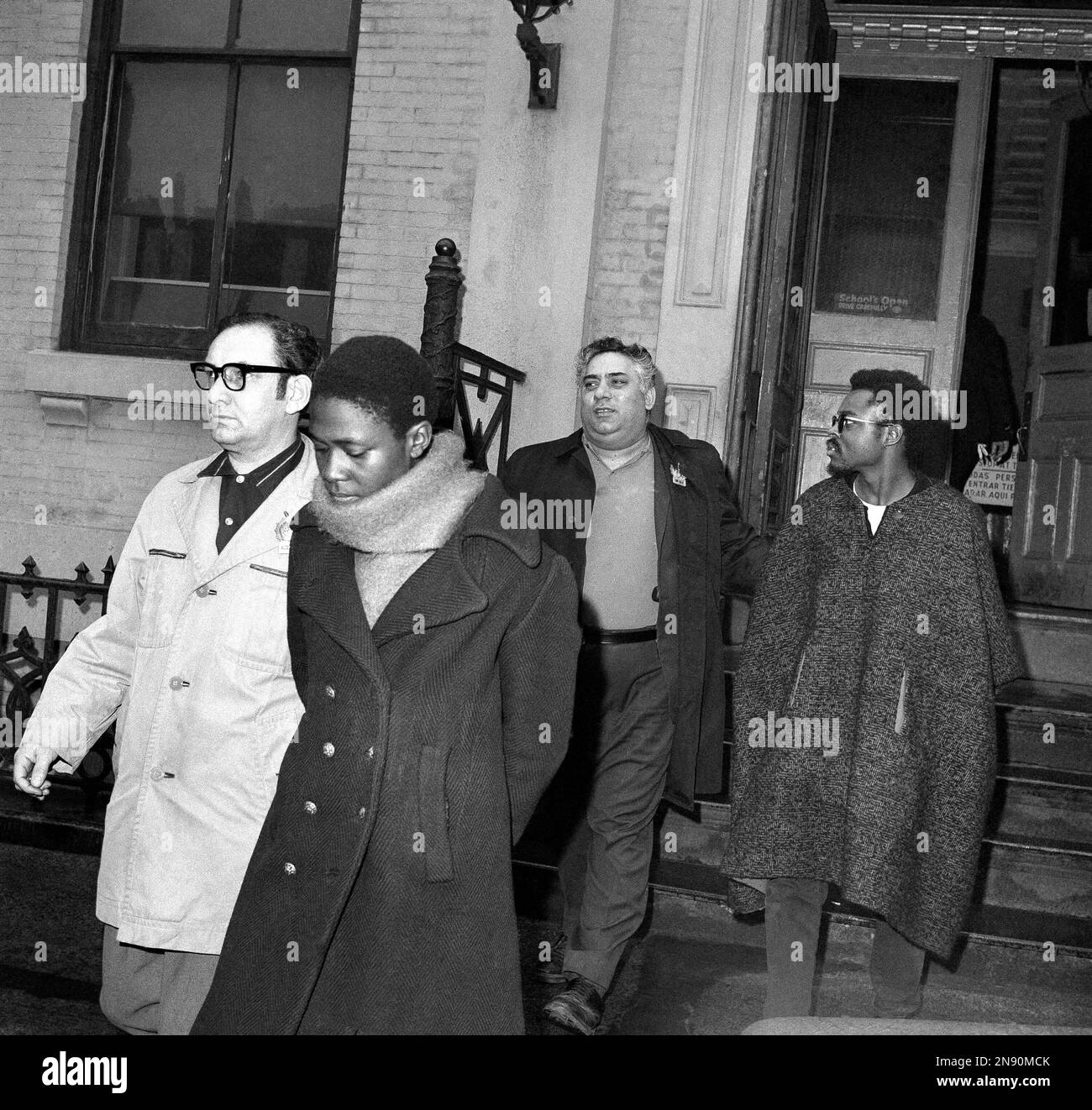Afeni Shakur & Panther 21: Key Events You Need To Know
Could the life of a revolutionary, marked by activism, trials, and the legacy of a son who became a cultural icon, be distilled into a single narrative? The story of Afeni Shakur is not just a biography; it's a tapestry woven with threads of the Black Panther Party, the fight for social justice, and the enduring power of a mother's love.
At the heart of this narrative lies Afeni Shakur, born Alice Faye Williams. Her journey, however, transcended the ordinary. She wasn't just a woman; she was a leader, an activist, and a mother. Her life became intertwined with the turbulent history of the Black Panther Party in the 1960s and 70s, a period of intense social and political upheaval in the United States. Her story provides a look at the dynamics of the era.
The name "Shakur" itself became synonymous with resilience and resistance. Afeni adopted the surname after marrying Lumumba Shakur, a fellow Panther. Her life became further entangled with the political radicalism of the Shakur family, including Salahdeen Shakur, a revolutionary leader who had worked closely with Malcolm X. This connection illustrates the deep roots of activism within the Shakur lineage, a legacy she would carry forward.
| Category | Details |
|---|---|
| Full Name | Afeni Shakur (born Alice Faye Williams) |
| Birth | January 22, 1947 |
| Birth Place | Lumberton, North Carolina, USA |
| Death | May 2, 2016 (aged 69) |
| Death Place | Sausalito, California, USA |
| Known For | Activist, Black Panther Party Leader, Mother of Tupac Shakur |
| Marriages | Lumumba Shakur (1968-1971), Mutulu Shakur (1975-1982) |
| Children | Tupac Shakur, Sekyiwa Shakur |
| Political Affiliation | Black Panther Party |
| Legal Issues | Arrested as part of the "Panther 21" |
| Legacy | Championed the rights of the Black Community, Legacy of son Tupac Shakur, Establishment of the Tupac Amaru Shakur Foundation |
| Reference | Wikipedia |
The year 1964 marked a turning point in Afeni's life when she joined the Black Panther Party. This decision placed her at the forefront of the movement, where she met Lumumba Shakur and eventually married him. This union, and her subsequent name change, solidified her place within the party and the broader struggle for civil rights. She became a section leader of the Harlem chapter, a role that reflects her commitment and ability to lead.
In 1969, Afeni, Lumumba, and others were arrested and faced over 150 charges as part of the "Panther 21" case. This case accused them of conspiracy to bomb public spaces. This pivotal event highlighted the intense scrutiny and repression faced by the Black Panther Party. The trial, considered one of the most expensive in the state's history, ultimately ended in their acquittal. This success was a testament to the legal strategies and resilience of the defendants and their legal team.
Afeni's personal life was complex, marked by two marriages. Her first marriage, to Lumumba Shakur, ended when it was discovered that he was not Tupac's biological father. Her subsequent marriage to Mutulu Shakur further intertwined her with the Shakur family and their revolutionary ideals. During the tumultuous times, she also had a brief romantic relationship with Billy Garland, the biological father of Tupac, highlighting the complexities of relationships during this period.
The early 1970s brought further challenges. In 1971, Afeni discovered she was pregnant with Tupac, and she also faced the possibility of a 350-year prison sentence as part of the "Panther 21" case. Despite these daunting prospects, she remained resolute. The birth of Tupac marked a new chapter in her life, one that would be profoundly shaped by both the political climate and her role as a mother.
The struggles didn't end with the Panther 21 trial. In 1973, she was arrested by an officer with Zayd, highlighting the ongoing legal battles she faced. Later, while imprisoned, she became aware of a plot against her, and in 1979 she successfully escaped, demonstrating her resourcefulness and determination to survive.
Afeni's influence extended beyond her direct involvement in the Black Panther Party. Her deep commitment to her children, Tupac and Sekyiwa, is a cornerstone of her legacy. The name of her son, Tupac Amaru Shakur, became a global phenomenon, his music reflecting themes of social justice, struggle, and the realities of life in America. As a mother, Afeni provided a safe haven.
The fact that her son's father, Billy Garland, had a short romantic relationship with Afeni Shakur, shows the dynamic of the time.
Afeni Shakur's role in the Black Panther Party was a mix of leadership, mentorship, and activism. Her personal life was filled with a number of hurdles.
Afeni's life and actions left a mark on the Black Panther Party's history.
The story of the "Panther 21," which included Afeni, is a significant part of the fight for social justice.
The story of Afeni Shakur is also a story of endurance. In 1975, she remarried Mutulu Shakur, and in the same year, she gave birth to Sekyiwa. Her personal journey and commitment to her children is a central part of her legacy.
Afeni Shakur's tale is one of courage, resilience, and the continuous struggle for freedom. Her tale is told through the lens of her marriages, her involvement in the Black Panther Party, and her dedication to her children.
Afeni Shakur's story is a multi-layered narrative of activism, the Black Panther Party, and motherhood.


